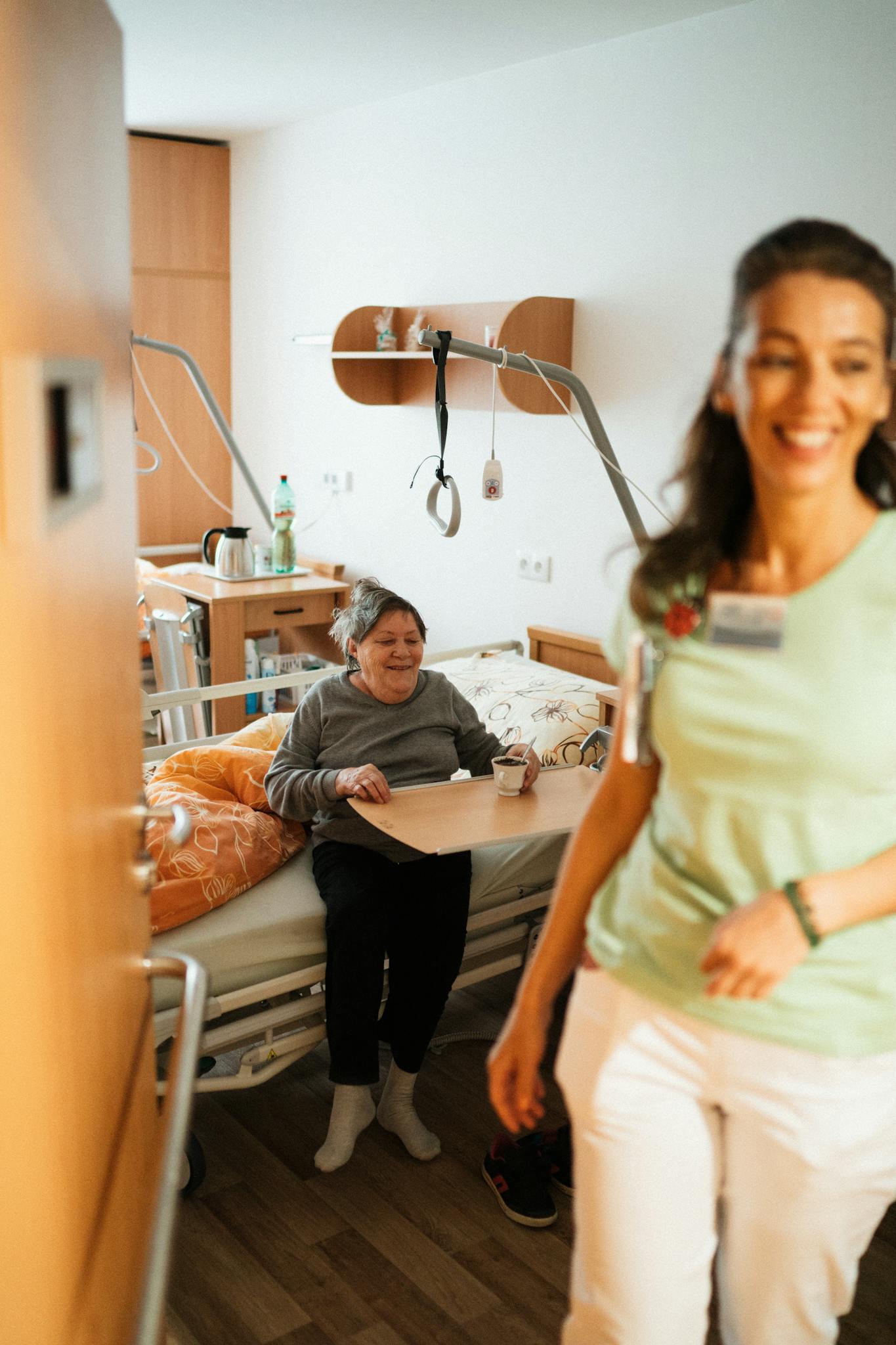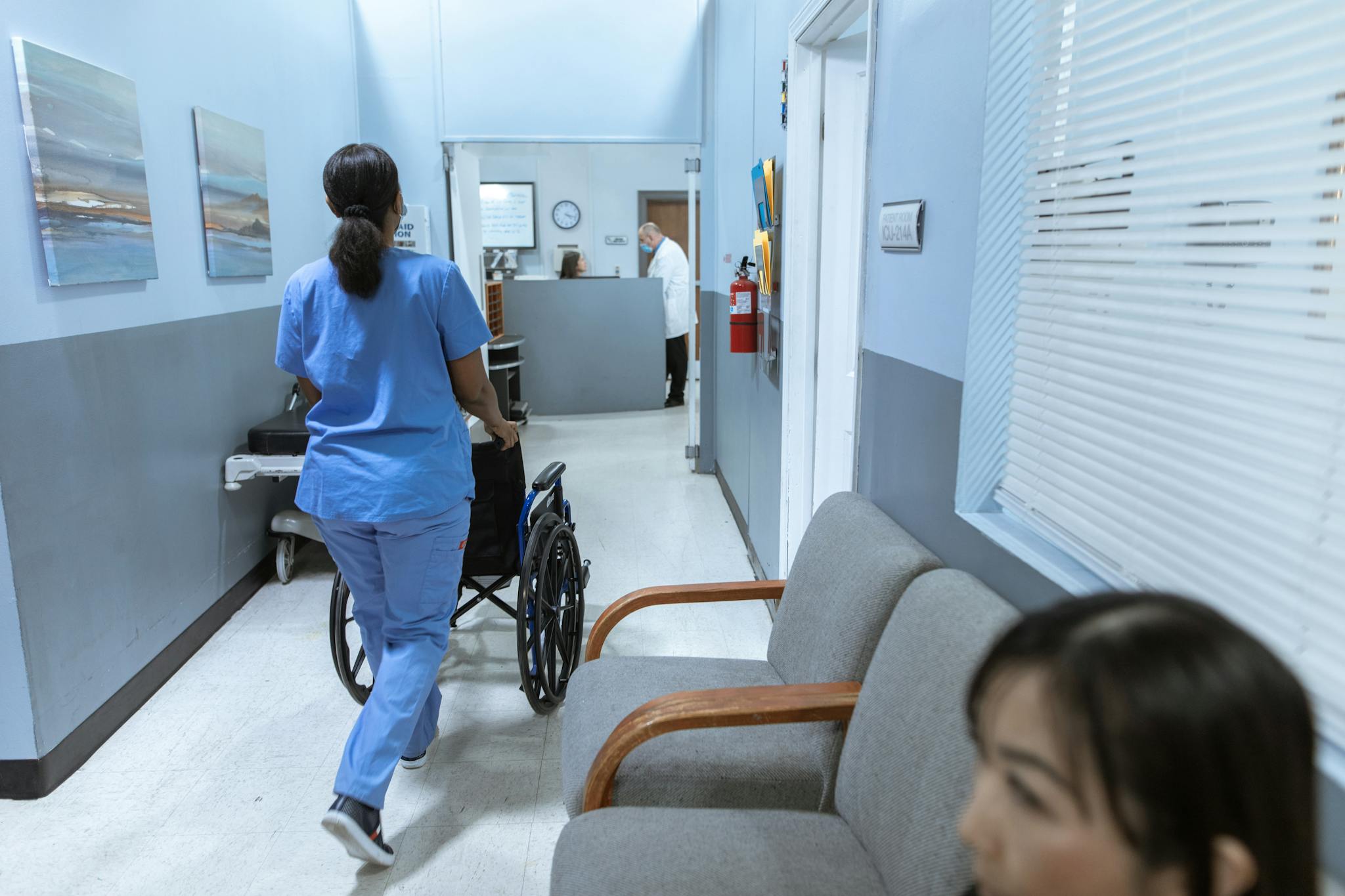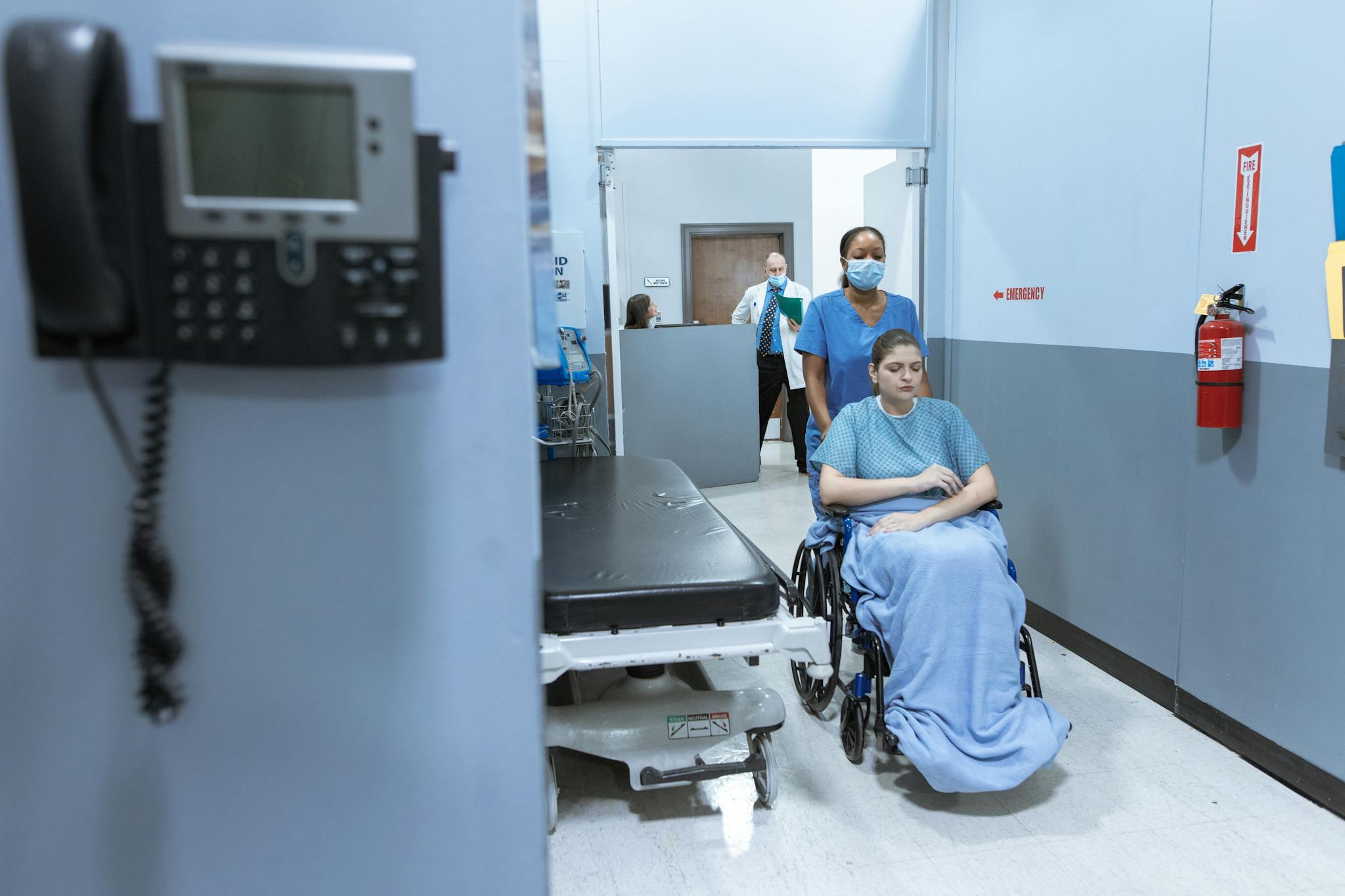Become Irreplaceable: The Castor Phlebotomy Training Program
Specialized training to equip you with the skills and confidence needed for success in healthcare’s most in-demand field.

Expert-Led Instruction
Learn from experienced professionals who provide in-depth guidance, real-world insights, and support to ensure you succeed in your healthcare journey.

Extensive Hands-On Practice
Build confidence with practical blood-draw experience in a supervised environment, ensuring you’re ready for real-world patient interactions.

Accelerated Career Readiness
Complete your training in as little as 6 weeks and quickly qualify for positions in hospitals, labs, clinics, and blood donation centers.

Supportive Learning Environment
Join a welcoming community where instructors and staff are committed to your success, offering guidance every step of the way.
The need for qualified phlebotomists is higher than ever.
Phlebotomists are key members of healthcare teams, skilled in drawing blood for tests, donations, and research. You’ll work in hospitals, labs, clinics, or blood donation centers, ensuring accurate results and patient comfort. With our accelerated program, you can earn your certification in as few as six weeks and begin a rewarding, in-demand career where your expertise makes a difference every day.
Course Details
Click each section to expand/collapse.
